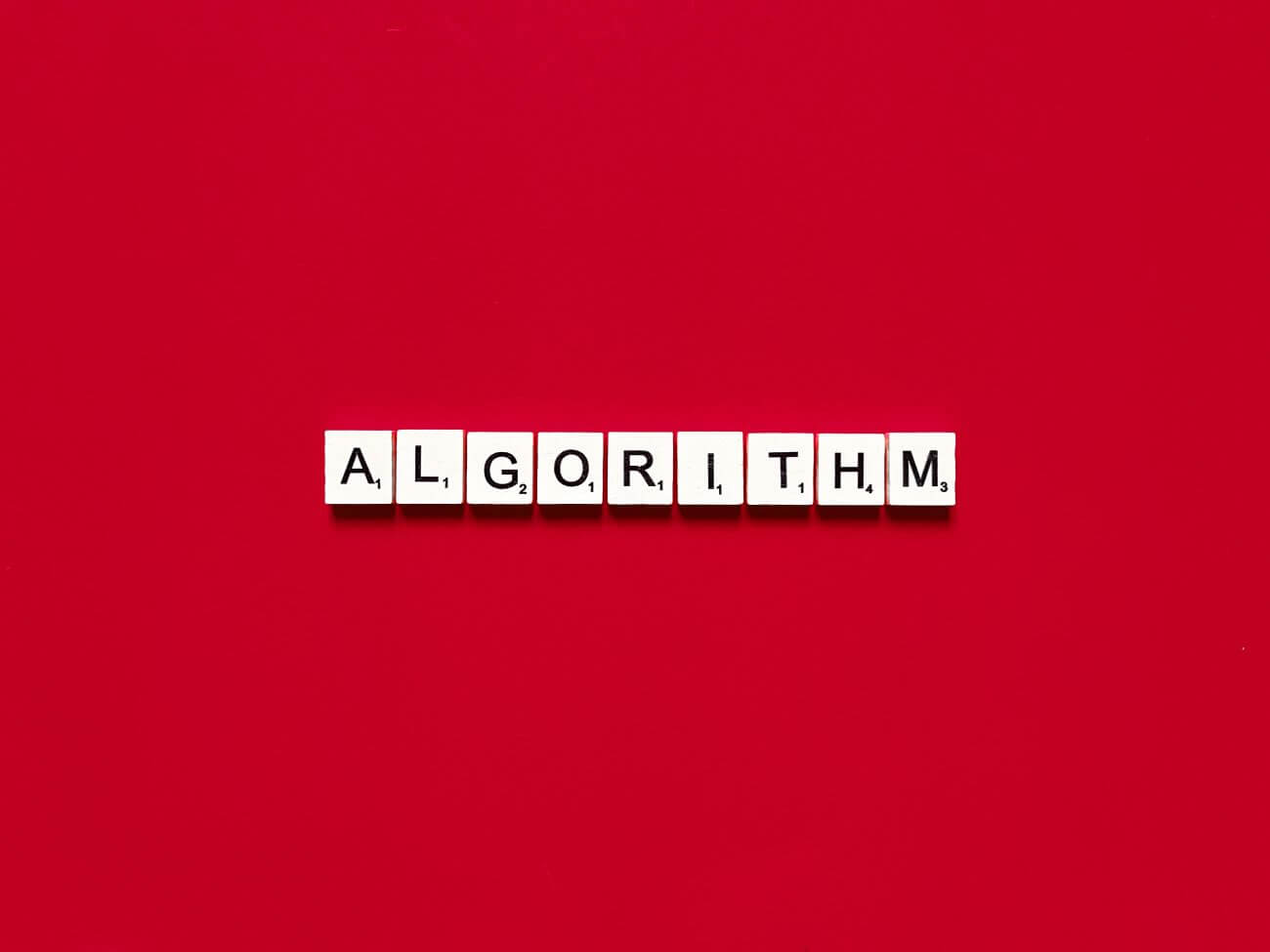Google’s algorithm is a mysterious thing. No one knows exactly how it works, but we all know that it can penalize your website if you don’t play by the rules. If you’re not careful, you could find yourself with a dreaded algorithm penalty. So, what are the risks, and when can you expect a penalty? Read on to find out more.
Google’s algorithms are always changing and evolving, and sometimes SEO specialists feel like they’re playing a never-ending game of whack-a-mole. It’s hard to keep up with all the changes, and even harder to know when you might get an algorithm penalty.
What Is an Algorithm Penalty?
An algorithm penalty is when your website is penalized by Google for violating their guidelines. This can happen in a number of ways, but the most common way is through unnatural links. If Google suspects that you have built or bought links in an attempt to game the system, they will penalize you.
Another way you can get penalized is by keyword stuffing. This is when you stuff your content with too many keywords in an attempt to rank higher for those keywords. Google will see this as spammy behavior and will penalize you for it.
Types of Algorithm Penalties
There are two types of algorithm penalties: manual and automatic.
Manual penalties are when someone from Google’s team has reviewed your website and decided that you have violated their guidelines. If you receive a manual penalty, you will get an email from Google letting you know what the problem is and how to fix it.
Automatic penalties are when Google’s algorithms flag your website on their own. These are usually less severe than manual penalties, but they can still have a big impact on your traffic.
What Can an Algorithm Penalty Do to Your Website?
The biggest impact of an algorithm penalty is on your traffic. If you get penalized, your website will rank lower in Google’s search results, which means fewer people will see it. This can lead to a big drop in traffic and a loss of revenue for your business.
In some cases, a penalty can even result in your website being removed from Google’s search results entirely. This is rare, but it can happen if you violate Google’s guidelines multiple times or in a very serious way.
When Can an Algorithm Penalty Happen to You? How to Avoid It?
There’s no way to know for sure when an algorithm penalty might happen. Google’s algorithms are constantly changing, and they can target any website at any time. However, there are some things that you can do to reduce the risk of being penalized.
The best way to avoid an algorithm penalty is to follow Google’s guidelines. That means no keyword stuffing, no buying links, and no other shady SEO tactics. If you play by the rules, you should be in the clear.
Another way to reduce the risk of being penalized is to keep your website up to date. Google likes websites that are well-maintained and regularly updated. If you keep your website fresh, you’re less likely to be penalized than if you let it stagnate.
Finally, you can try to stay ahead of the curve by keeping up with Google’s algorithm changes. This is easier said than done, but if you’re always on the lookout for changes, you’ll be in a better position to avoid a penalty.
List of Things That Can Get You an Algorithm Penalty
Here is a list of things that can get you an algorithm penalty:
- buying links;
- selling links;
- excessive link exchanging;
- linking to bad neighborhoods;
- using automated link building software;
- creating doorway pages;
- cloaking;
- hidden text or links;
- keyword stuffing;
- spamming;
- sneaky redirects;
- scraped content;
- duplicate content.
What to Do If You Get Penalized
If you do get penalized, don’t panic. The first thing you need to do is figure out why you were penalized. Once you know the reason, you can start taking steps to fix the problem.
If you receive a manual penalty, Google will usually tell you what the problem is and how to fix it. In some cases, you may need to remove some links or make other changes to your website. Once you’ve made the necessary changes, you can submit a reconsideration request to Google and hope for the best.
If you receive an automatic penalty, it can be more difficult to figure out what the problem is. You can use Google’s Search Console to get more information about the penalty. Once you know what the problem is, you can take steps to fix it and submit a reconsideration request.
Getting penalized by Google’s algorithms can be a frustrating experience, but it’s not the end of the world. If you take the time to fix the problem and follow Google’s guidelines, you should be able to get your website back on track.
